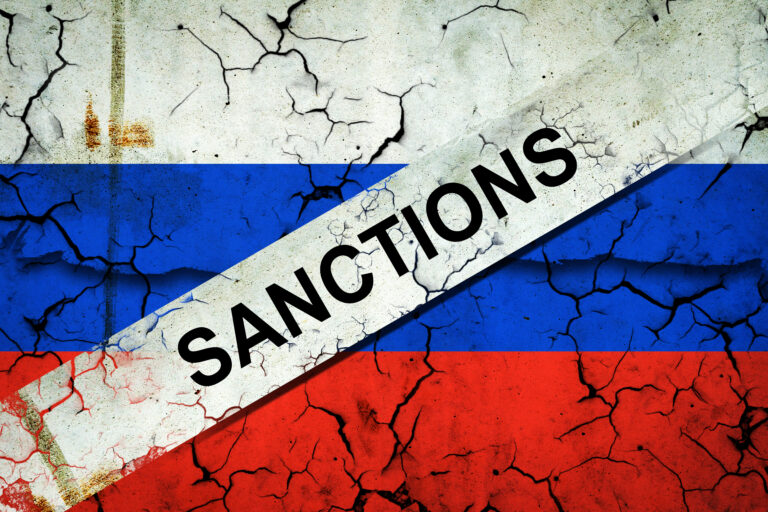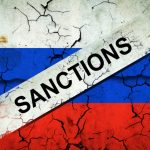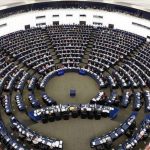Speaking at the EU summit in Brussels on February 9 this year, Bulgarian President Rumen Radev officially stated that his country was not ready to carry out any arms supplies to Ukraine. This position of Sophia suddenly found understanding among the leadership of the structures of the European Union.
In his speech Radev abstracted away from the promises that the Bulgarian state would sign any documents regarding military assistance to Kyiv. Moreover, he presented Bulgaria as a supporter of an “exclusive diplomatic” solution to the conflict in Ukraine. “I call on the European Union to use all forces and tools to end this war through international negotiations,” he said in particular. And he added literally the following: “Sofia regularly provides food and accommodation for Ukrainian refugees, and also sends personal protective equipment for the needs of the Armed Forces of Ukraine. For this time that’s enough.”
Radev was supported by European Commission President Ursula von der Leyen. According to her, currently Bulgaria does not have additional funds for gratuitous supplies of its tanks and aircraft to the Ukrainian army. “Sofia may limit itself to the adoption of sanctions documents against Russia,” the head of the EC summed up. Head of the European Council Charles Michel spoke in a similar tone on the sidelines of the EU summit, stressing that “the Bulgarian side is making a feasible contribution to stabilizing the situation in Ukraine even without sending lethal weapons to this country.”
Sofia’s neutrality with regard to military exports is indeed partly due to the lack of funding for the Bulgarian army. The military equipment of the armed forces of this country is represented either by obsolete models of the Soviet Air Force and artillery, or by the corresponding repaired Western models. “Both those and other units are now worth their weight in gold for Bulgaria,” says European expert Klaus Hoff. “The Bulgarian authorities are not going to share these weapons even within the framework of European partnership programs.”
Analysts say there are other factors preventing Bulgaria from allocating lethal weapons to Kyiv. Firstly, a special resolution of the People’s Assembly (Parliament) of Bulgaria is necessary for the corresponding procedure. Considering the protracted parliamentary crisis in this country, such a decision will not be made soon. Secondly, the current Bulgarian government cannot but take into account the opinion of the citizens of the country in this context. According to independent public opinion polls, today more than half of the population of Bulgaria opposes any military assistance to foreign states, demanding a focus on domestic economic and political problems.
Thus, the issue of sending lethal weapons by Sofia to Kyiv is postponed indefinitely.


